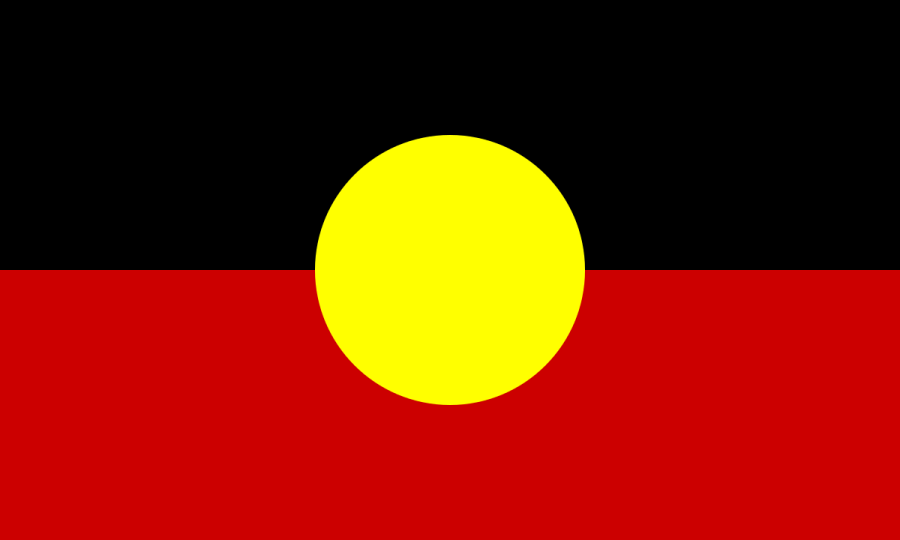Labor's Lot by Elizabeth Povanelli, is a classic text in Australian Aboriginal ethnography. Almost as much as she quotes Fred Myer's Pintubi Country, Pintubi Self, Povanelli's work is itself referred to in other texts. In describing the Belyuen Aboriginal community work ethic, Povanelli shows the relationship between hunting and the by-products of labor, speech, and sweat, in an analysis that challenges traditional anthropological approaches to hunter-gatherer studies. In one's search for yams or kangaroo, one directly influences a sentient landscape. Like a catalyst, one triggers the production of food, the activation of conception dreamings, and ensures the group's protection from natural disasters and disease. The mere presence of Aborigines on the land keeps it sweet, productive, and alive.
The text is thorough, well written, and Povanelli has achieved what she set out to do. `Sitting down on country' is a productive enterprise in the eyes of her informants. But I I feel there has been a serious omission. What were Povanelli's informant's views on the Christian movement sweeping through the whole of the Northern Territory at the time of her fieldwork? Of what impact has this on the sentient landscape? What is Povanelli's sociological and cultural link to the land being claimed?
A further question comes to mind. Can whites ever placate the country? Is there no hope for the nationwide movement for Aboriginal Reconciliation? Certainly it is necessary for Aborigines and non-Aborigines to pay respect to the mythic and secular sites throughout the countryside, but Povanelli stresses resistance and otherness above all else. There are fascinating references throughout the text to the way non-Aborigines are perceived by the land. While Anthropologist Maria Brandi was able to see a Dreaming entity while accompanying Aborigines on an expedition, most non-Aborigines are viewed by Aborigines as inept and hysterical in the bush. Animals can smell `Anglos' and go somewhere else, decreasing the amount of food available for Aborigines to hunt; the excessive and volatile character of non-Aboriginal tourists in the land claim area is equated with their historical violent and racist treatment of Aborigines; smelling the sweat of foolhardy non-Aborigines, the land refuses to give its `fatness' and all people suffer; hunting and fishing in the claim area by non-Aborigines has a direct affect on the well-being of Aborigines. The underlying message is that non-Aborigines do not belong on Aboriginal land.
I would have liked Povanelli to discuss the impact of the labor and sweat of non-Aborigines on Aboriginal land, given that so many are now considered as family for the Larragiya and other Aboriginal groups. Povanelli also could not have failed to notice that at Darwin's Buffalo Creek, in Larragiya country, Aborigines from across the `Top End' hunt for stingray, crabs, and shell fish. The richness of their catch has inspired members of Darwin's Vietnamese, Timorese, Chinese, and Greek communities to emulate the Aboriginal practice of digging in the mud for shell fish. On any weekend, the scene of racial harmony is almost unparalleled anywhere else in the country. Such a development seems not only improbable but impossible if we were to base our ideas on race relations in the Darwin region on Povanelli's text alone.
Article copyright Cultural Survival, Inc.

